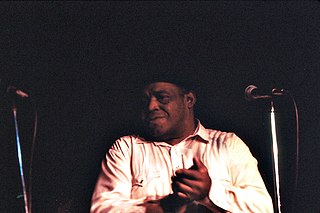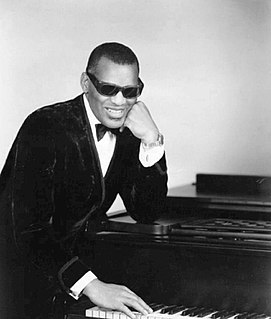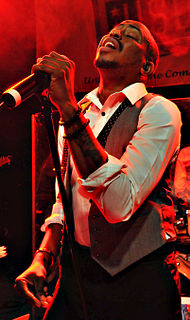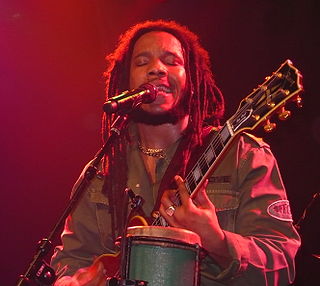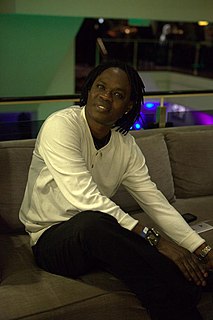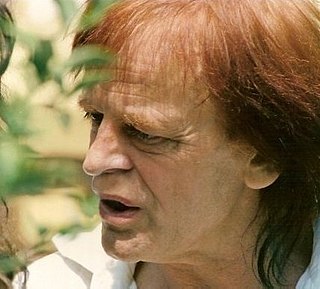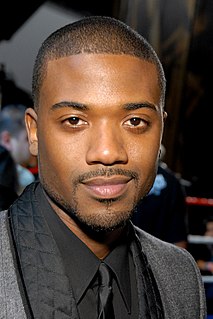A Quote by Ziggy Marley
Related Quotes
I went to this arts high school in Greenville, S.C. In speech class, the teacher, a white man, would say, 'You're talking ghetto. Don't talk ghetto.' I'm not only offended, but I'm confused because while there's nothing wrong with people who come from the projects or the ghetto, that's actually not my experience.
I did not like that name "world music" in the beginning. I think that African music must get more respect than to be put in a ghetto like that. We have something to give to others. When you look to how African music is built, when you understand this kind of music, you can understand that a lot of all this modern music that you are hearing in the world has similarities to African music. It's like the origin of a lot of kinds of music.



